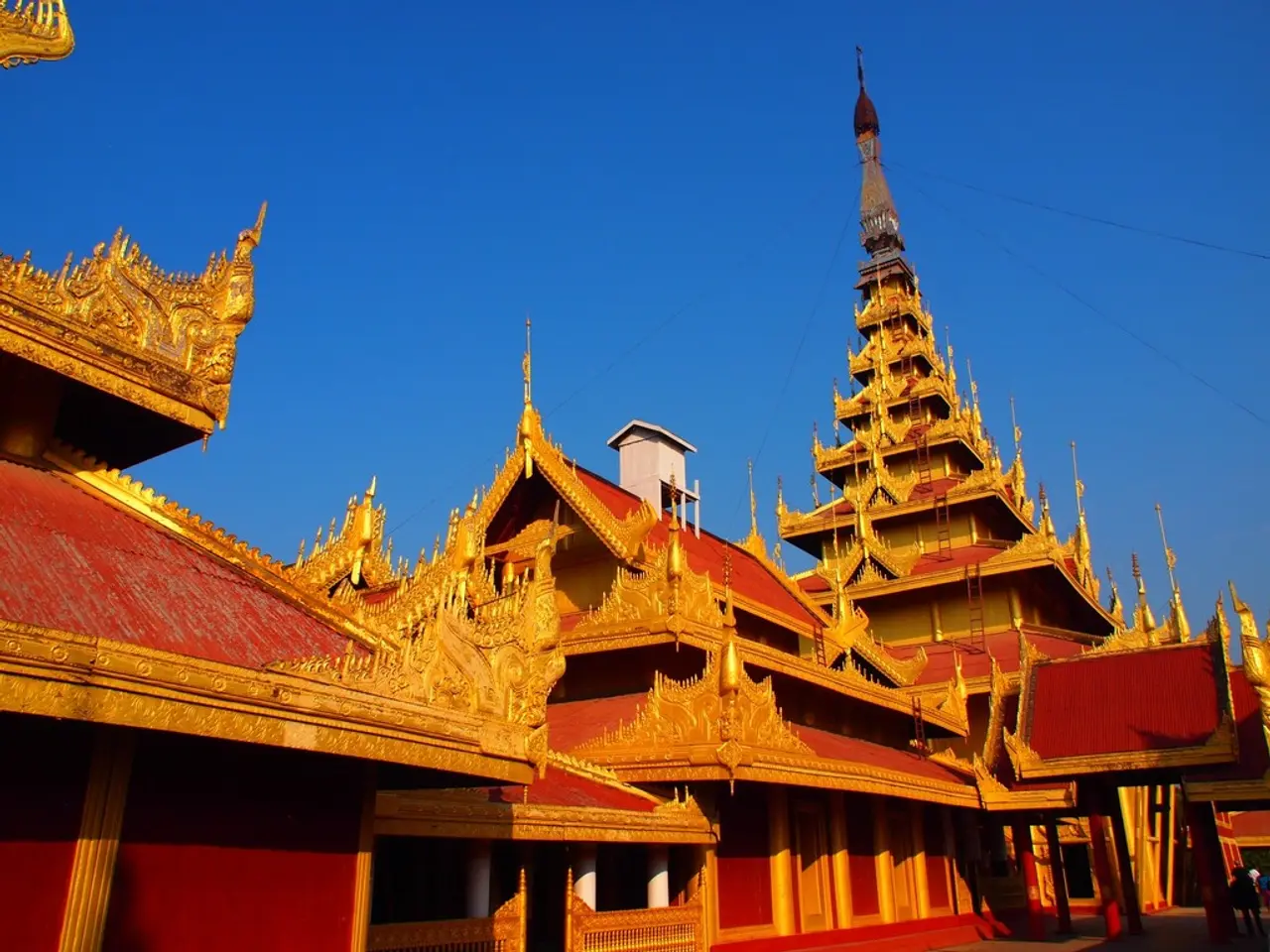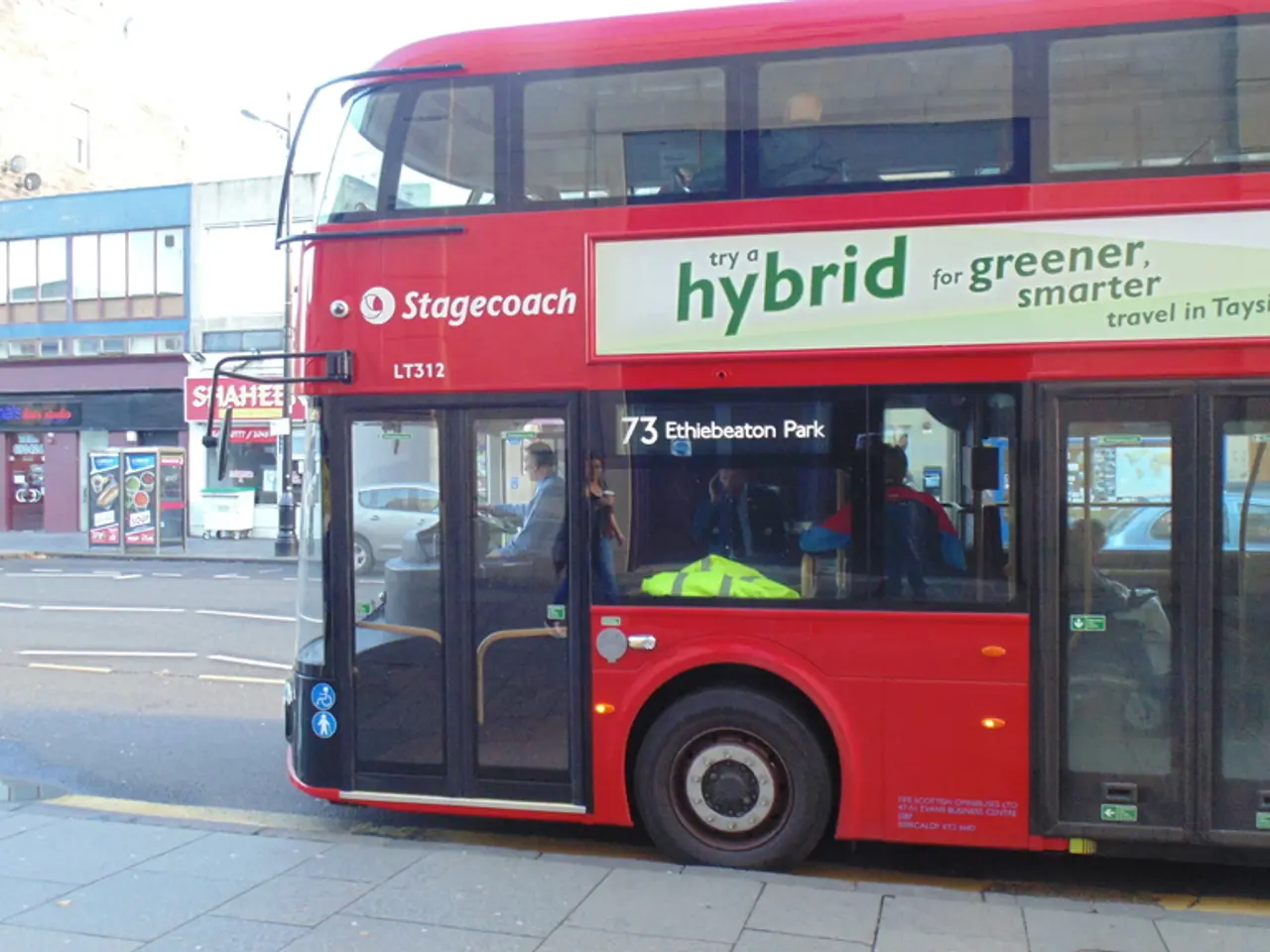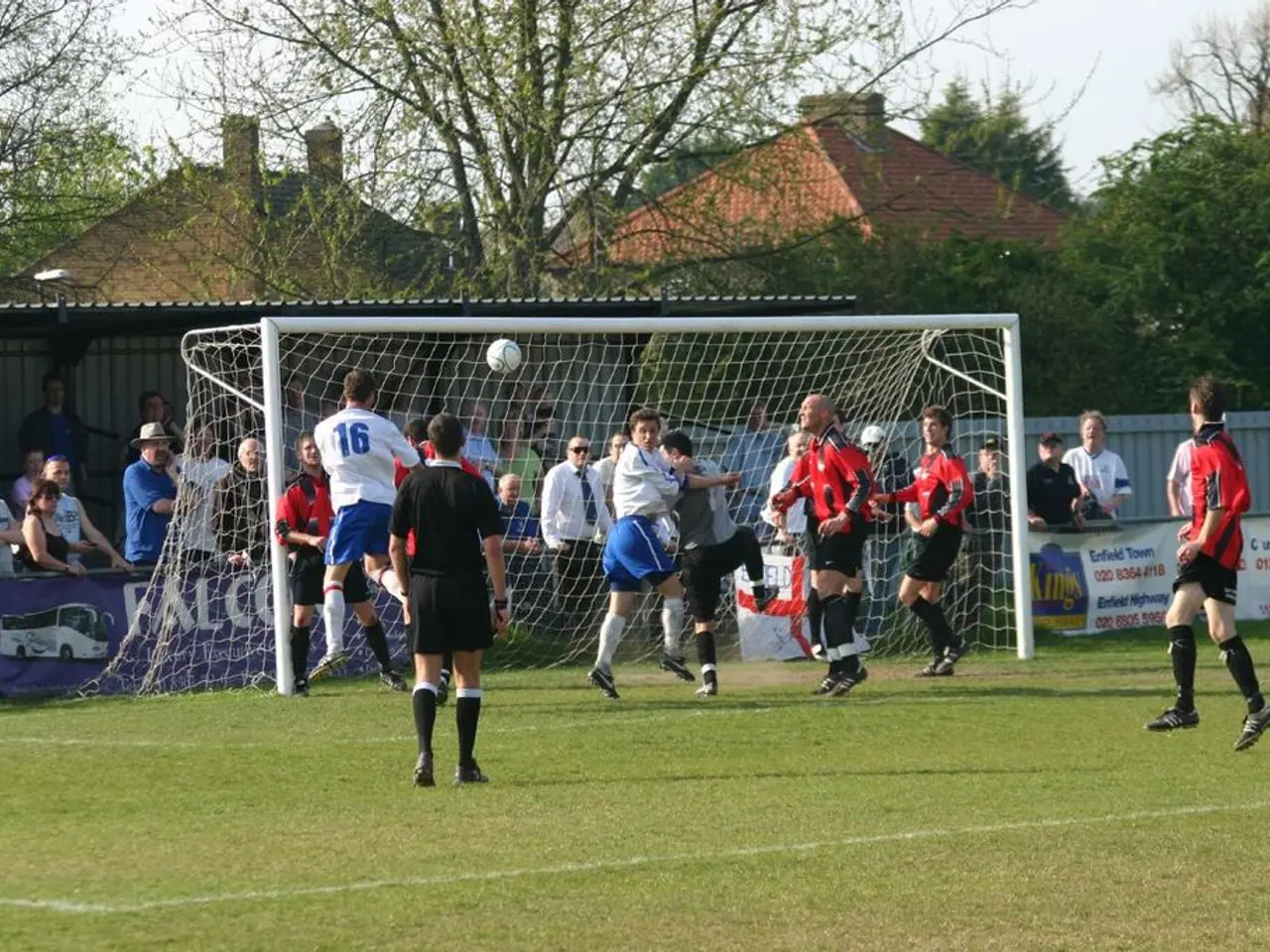Bangladesh remains divided a year after Hasina's dismissal
Bangladesh, currently governed by an interim government led by Nobel laureate Muhammad Yunus, is preparing for general elections scheduled for early 2026. This administration, tasked with overseeing constitutional and electoral reforms, is aiming to hold elections by April 2026, rather than the initially promised date in December 2025.
The political climate in Bangladesh remains unstable and polarized. The interim government faces numerous challenges, including pressure from the military, Islamist political resurgence, and persistent street protests. The opposition Bangladesh Nationalist Party (BNP) demands a firm election date and major reforms before any elections, reflecting ongoing tensions.
The 2024 elections that brought Sheikh Hasina's Awami League to power were heavily criticized internationally for being neither free nor fair. Following Hasina's departure, the political landscape is fragmented, with concerns about Islamist political influence and the interim government's ability to implement promised reforms and restore democratic norms.
In August 2024, Sheikh Hasina resigned as Bangladesh's prime minister amid mass student-led uprisings. Other members of her Awami League party were either arrested or went into hiding. Under Hasina's rule, press freedom "went down to zero", but media houses that were closed down in the past have reopened under the interim government.
Islamist parties have increased their visibility since Hasina's ouster. An influential Islamist group held a rally in May that drew thousands to the streets of Dhaka, and the Yunus government withdrew the ban on the country's largest Islamist party last August. However, the interim government has made significant progress in reducing human rights violations compared to the previous government.
The interim government is promoting the use of eco-friendly hollow concrete blocks in the construction industry and has announced training programs for young people and is courting foreign investment to create jobs. Despite this, the London-based rights group Human Rights Watch (HRW) has stated that the Yunus-led interim government is falling short on its promise to improve human rights in Bangladesh.
Ordinary people are expressing their opinions openly, including on social media and in state-run broadcasters. The main office of the opposition Bangladesh Nationalist Party (BNP) is currently a hub of activity. The Yunus interim government has banned all political activities of Sheikh Hasina's Awami League until a special tribunal completes a trial over the deaths during last year's mass uprising.
The situation in Bangladesh is volatile, with unclear prospects for political stability or fully free and fair elections in the immediate term. The interim government aims to restore democratic norms and implement promised reforms, but the path forward remains uncertain.
[1] BBC News. (2025). Bangladesh election: Muhammad Yunus to lead interim government. [online] Available at: https://www.bbc.com/news/world-asia-57679487
[2] Al Jazeera. (2025). Bangladesh votes in elections amid allegations of fraud. [online] Available at: https://www.aljazeera.com/news/2025/1/30/bangladesh-votes-in-elections-amid-allegations-of-fraud
[3] Reuters. (2025). Bangladesh's opposition demands election date, reforms before polls. [online] Available at: https://www.reuters.com/world/asia-pacific/bangladeshs-opposition-demands-election-date-reforms-before-polls-2025-02-10/
[4] Human Rights Watch. (2025). Bangladesh: Interim Government Fails to Address Human Rights Crisis. [online] Available at: https://www.hrw.org/news/2025/03/01/bangladesh-interim-government-fails-address-human-rights-crisis
- The interim government led by Muhammad Yunus, currently facing pressure from various sources within Bangladesh, including the military and Islamist political groups, continues to strive for stability and democracy, setting the general elections for early 2026.
- The media in Bangladesh, which has somewhat regained freedom since Sheikh Hasina's resignation, is actively reporting on the ongoing political landscape, covering general news, world events, human rights issues, war-and-conflicts, policy-and-legislation, politics, crime-and-justice, and Asia-centric news.
- The opposition Bangladesh Nationalist Party (BNP), having demanded a firm election date and major reforms, remains steadfast in its demands, reflecting ongoing tensions between the parties and the broader populace.
- The London-based rights group Human Rights Watch (HRW) has issued a statement expressing concern that the Yunus-led interim government is failing to meet its promises in improving human rights in Bangladesh, addressing issues such as war-and-conflicts, crime-and-justice, and human rights violations.
- Despite the volatile nature of the political climate, ordinary people in Bangladesh are increasingly vocal in expressing their opinions on various matters, including elections, human rights, and the interim government's policies, utilising both traditional media outlets and social media platforms.






